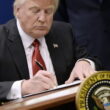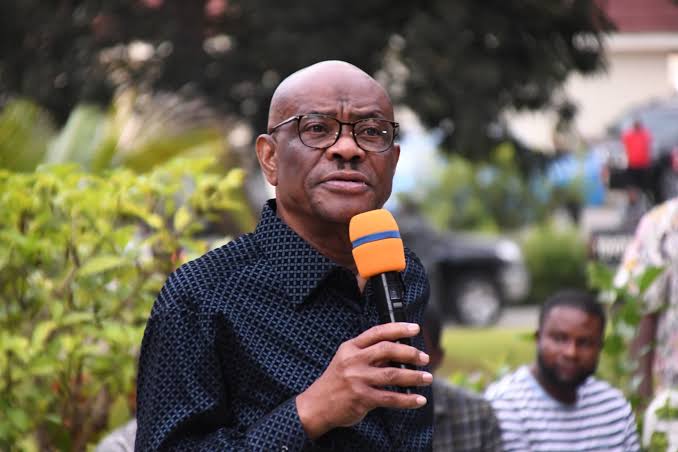The Minister of the Federal Capital Territory (FCT), Nyesom Wike, has said he is ready to take on wealthy Nigerians who refuse to pay their taxes, stressing that no amount of pressure or threats will stop him from doing the right thing.
Speaking about the need for proper leadership in Nigeria, the former Rivers State governor gave a clear picture of what a true leader should look like.
Wike noted that Nigeria needs someone who is ready to serve, who shows courage and strength in difficult times. According to him, a real leader is one who understands the possibilities within the country and is willing to take strong and thoughtful steps to bring about change.
He explained that such a leader must be ready to build and develop the country by focusing on quality and results.
He also noted the importance of creating a society where people can freely use their talents and businesses can grow without unnecessary interference.
In stressing the value of good leadership, Wike mentioned Yasar Jarrar’s book “The Sheikh CEO”, saying that Dubai’s transformation into a global hub was made possible through the strong leadership of Mohammed Bin Rashid Al Maktoum and his predecessors.
He said, “He (Tinubu) has shown great capacity for engendering development as captured in the unprecedently rapid and exponential development of Lagos state under his watch and even beyond.
“On his first day, upon being sworn in as President, he demonstrated rare courage by removing the hydra-headed fuel subsidy that was impoverishing generations of Nigerians and binding them into avoidable and perennial debt.
“Leaders before him all spoke about the evil of fuel subsidy, but none had the courage to dare the blackmail of removing it. Tinubu did and is fittingly grappling with the inevitable, unintended and sometimes orchestrated consequences of this removal.
“Today, our states have far more resources to develop, the debts are no longer piling, and the price of petrol is gradually but steadily adjusting downwards in tandem with the forces of demand and supply and the strict implementation of regulatory conditionalities.”








